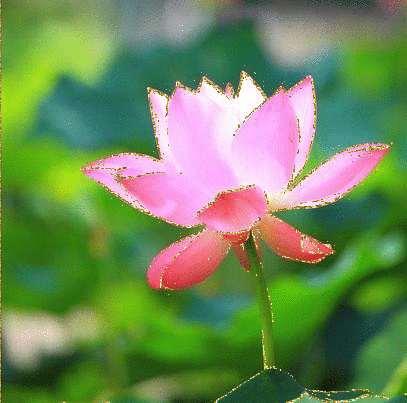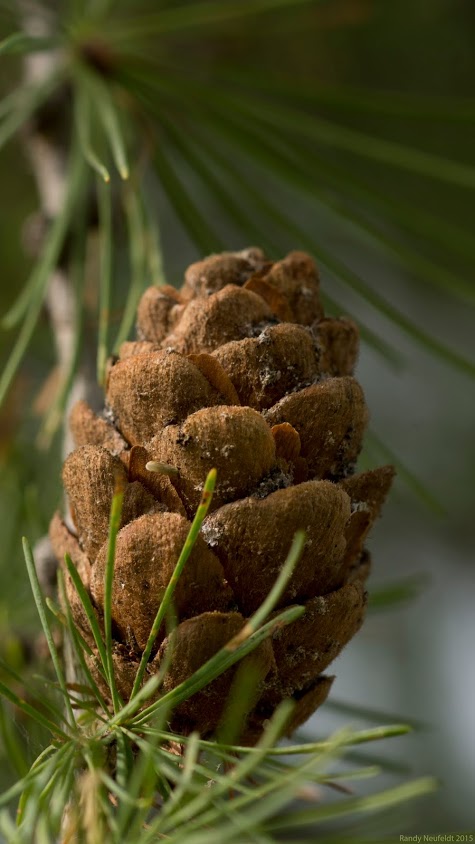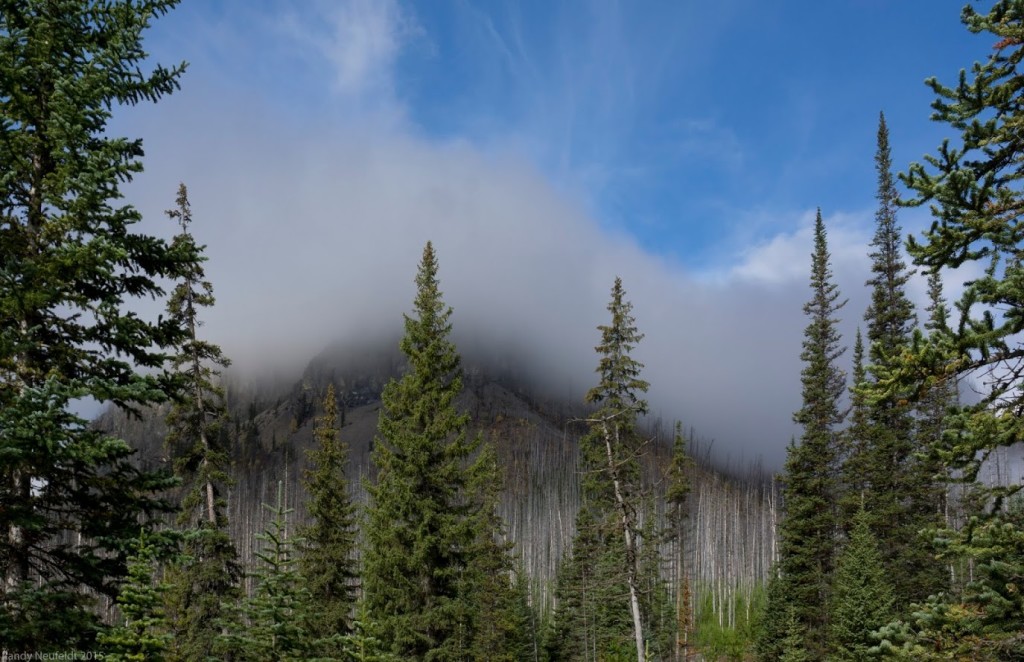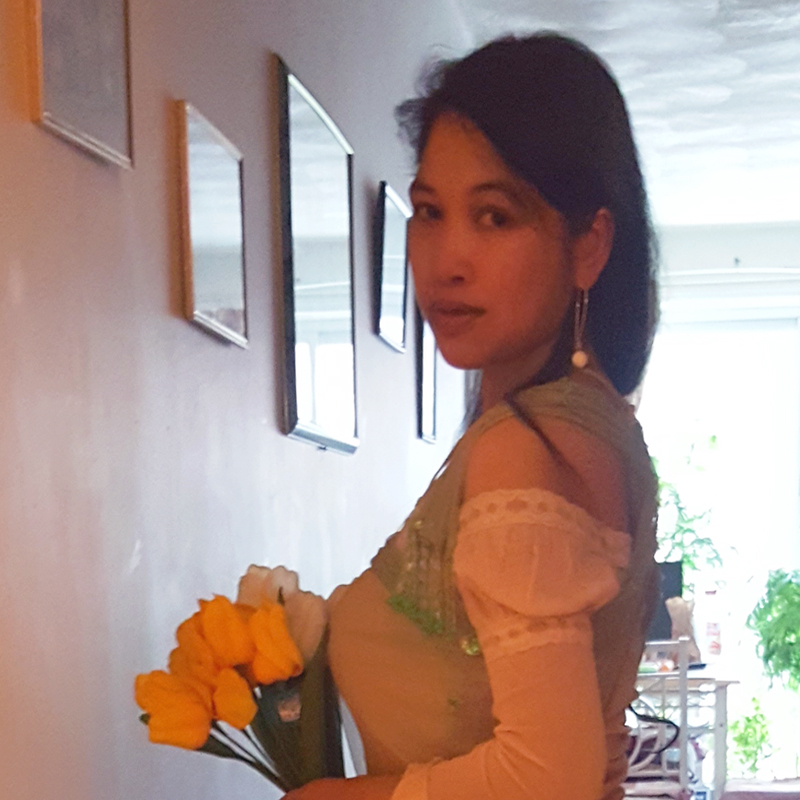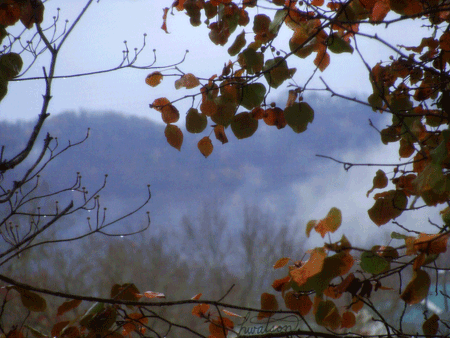Poisonous
Why cling to the arrows shot at you?
Insults
Wounds
Time heals you see.
Why hold so tightly
Do these things define you?
Do these things set you free?
Why inject yourself with these poisons of the mind
Anxiety
Greed
Anger
Despair
Why not let them go
Set them free.
Accept the choices you have
And your responsibilities.
Accept all that is, rather than “as it should be”
For what does define “you”
What will set you free
What if you never find great meaning
What if, in not clinging,
You find stillness
Calm
Honesty
Health
Peace
~by Jeniffer Edwards



